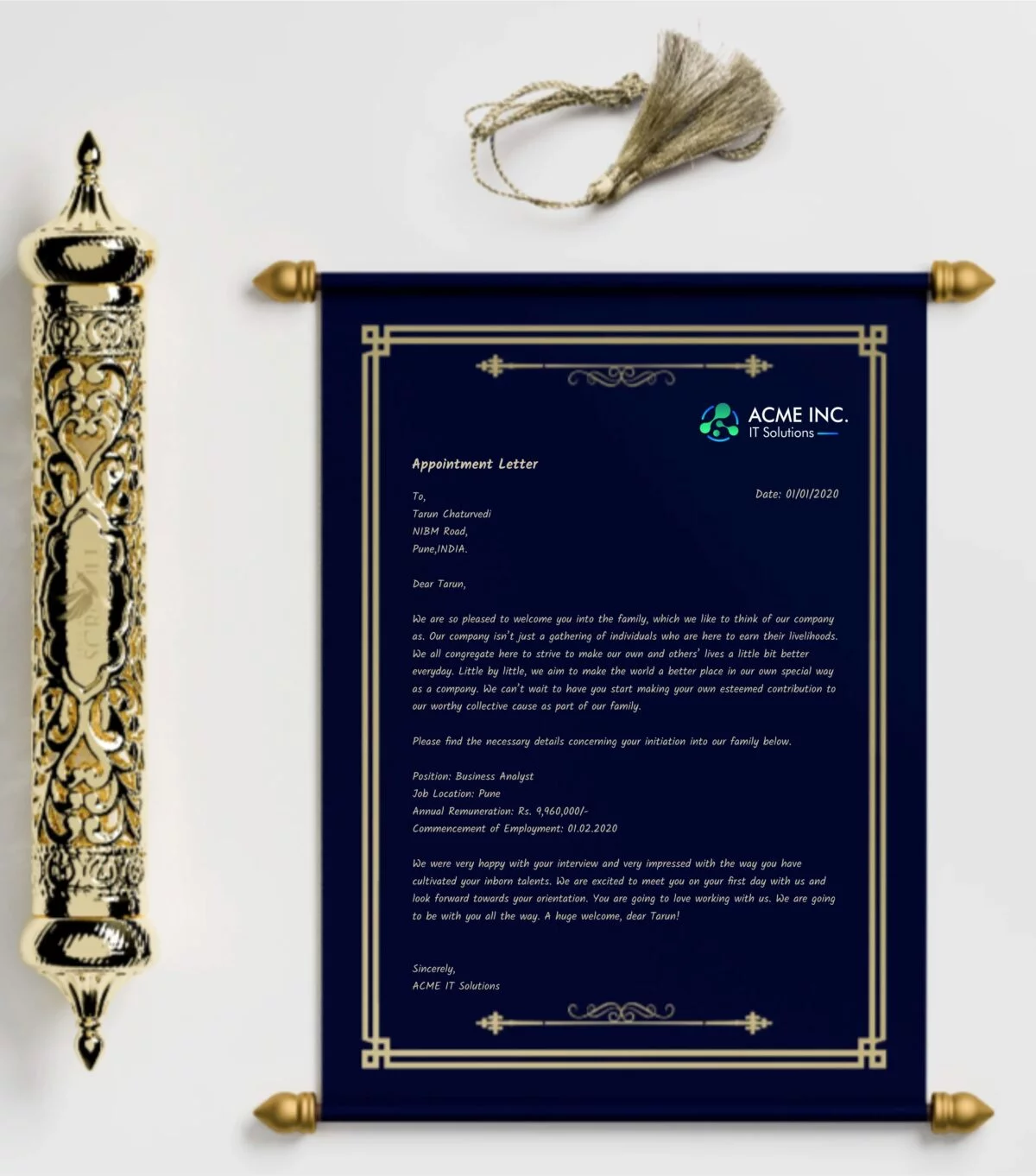Simple strategies to perk up your company’s employer value proposition
What has changed in the recent past
Employer branding has increasingly become an urgent need for employers in the last few decades, and especially so in this emerging, changing current era, as it is still being shaped by global changes and exigencies. Recent generations of employees have, in a way, become spoilt for choice, if one may say so in a lighter vein, but not only that. It is also an inevitable part of the kind of global technological changes that the world has seen in modern times. Successive generations will turn out more and more technologically literate as they will be brought up on science and technology since childhood. They will, as a matter of course, acquire a friendliness with leading edge developments and by virtue of their up to date education will be more and more in a position to dictate their own terms to future employers.
Employers around the world must address and efficiently meet the urgent need to project the worthiness of a company as a deserving employer, as a place that is worth spending most of an employer’s work life in, which offers the employee creative, lasting benefits and adds something of real human value to an employee’s life, besides providing a stable sustenance and friendly work environment. The survival and thriving of companies is inextricably linked to the satisfaction of their employees with their work and employer.
There is a way around hassles
The previous blogs have made it evident that employer branding is now a key factor in the life of companies. It is the new challenge of the current times. However, the execution can be tricky because it is highly cross functional in nature. When you start diving deeper, you realise that there is a great deal of overlap between HR and Marketing. The HR team can feel that it falls under Marketing and vice versa.
We, at TIC, tried to look at the problem objectively and realised that even without touching the core of HR policies and frameworks, a lot can be achieved in this regard. Every employer starts a business with the backstory of wanting to make the world a better place. However, as the company grows, the founders get too engrossed in growing the business and never get the time to convey the ‘Why’ behind their business. Thus the value of the business never percolates all the way down to the new joinees. And therefore, employees look at the company as a money vending machine, and move on as soon as they find a higher paying employer.
How millennials think
Generations that have been brought up on science and technology since childhood, and have had them as an integral part of their environments, also have a restless mind that seeks to advance its understanding of technology. They want to keep learning, not just to keep abreast of developing trends but also possibly to try and innovate something new. If the employers are stuck in a previous era, the employees are not likely to stick with them.
Our previous blogs in this series have dealt in more specifics with the changing global situation and its repercussions on our daily life, whether the changes be the result of generational change or current local and global events. We took into perspective the urgent need for employers to make changes in their policies and workplaces or work cultures to keep their employees inspired, dynamic and efficient. This blog will briefly introduce an outline of practical strategies that employers can use to achieve better employee attraction, retention and performance.
More human solutions and participation
Employers must work towards creating an employee oriented atmosphere which isn’t cold and impersonal, but engaging and participatory. The employees must be aided in every way to imbibe the feeling of being part of the company’s larger goal, of being part of the family that the company could be projected to be, instead of a mechanical machine without a human face. Employees will treat the employers in the same way the employers treat their employees. This reciprocatory relationship ultimately translates into the overall status of the company’s well-being.
One more thing that affects employee performance and influences their general conditioning as they show up for work everyday is the degree of anticipation they come with. Boredom is an extremely important factor. If the employee comes to work every day with a foreboding that they are going to find everything exactly as it was the previous day, they aren’t going to be very motivated. Furthermore, if they believe in the work and the goal that the company has set for them, they will show up with positive anticipation and motivation.
Some companies like Google or Tesla are able to do a good job with letting their people know the WHY of their business. And have you met the employees of these companies? They treat their employment like a prized possession and are willing to go to any lengths to help their company succeed.
Employers need to tell their story to their people. Just like a YouTube Ad that plays again and again to drive a point home, Employers need to find ways and means through which the story can be conveyed to the employees. They should bring employees up to speed through all possible avenues. We call these avenues Employee Touchpoints. What we have realised is that if these Employee Touchpoints are correctly identified and modified, it can leave a tremendous impact on existing as well as future employees.
Letter of Appointment – An example of Employee Touchpoint
A person on an average works at about 5 to 10 jobs in a span of 30 years of career. Which means that they receive only 5 to 10 ‘Appointment Letters’ in their entire lifetime. Chances of them preserving these ‘Appointment Letters’ is high. If companies can put a small additional effort in making the Appointment Letters remarkable the employee is likely to remember it for a lifetime. “Remarkable” here can be in terms of the content of the Offer Letter as well as the way the Letter is presented.
Here’s an example of an offer letter that addresses a human being, instead of just a new name in the company’s employee roster.

Something on these lines can make for a very human appointment letter to a fresh, without compromising at all on professionalism. This sample letter is just an example to inspire your imagination.
Welcome Video from the Founders – An example of Employee Touchpoint
Here is another example. We have already established the fact that it becomes very difficult for the founders to welcome the new joinees personally, and tell the story of the company to them. How do we solve this problem? Simple. Create a smashing video where the founders share their brand story in their own words. Here is the Adobe example for inspiration.
How about sharing a video like this along with a unique Offer Letter email? Can you imagine how motivated and ecstatic the employees would show up on the first day of work?
In conclusion
We at TIC have identified over 20 unique Employee Touchpoints which can be easily integrated in your employer branding strategy. We help you identify the right Employee Touchpoints suitable for your business, and then build them for you.
Although it isn’t much talked about, boredom is a great factor in all aspects of human life. Employer branding strategies are an attempt to deal with the challenge of boredom in an employee’s work-life. Delivering a remarkable work experience is simply about finding creative ways to help employees efficiently tackle the challenge of boredom. A happy employee is a very efficient employee. A creative employer is a remarkable employer.
We are human beings. No matter how impressed our work-lives may be by statistics, our lives cannot be plotted on a chart. Human problems require human solutions. There is much to be gained from simply being human, without compromising on professionalism. Simple, inexpensive ideas can be used to condition and recondition both the employer and the employee. The benefits will be lasting and dramatic. Till It Clicks offers just these ideas and practical strategies for the benefit of your company.



